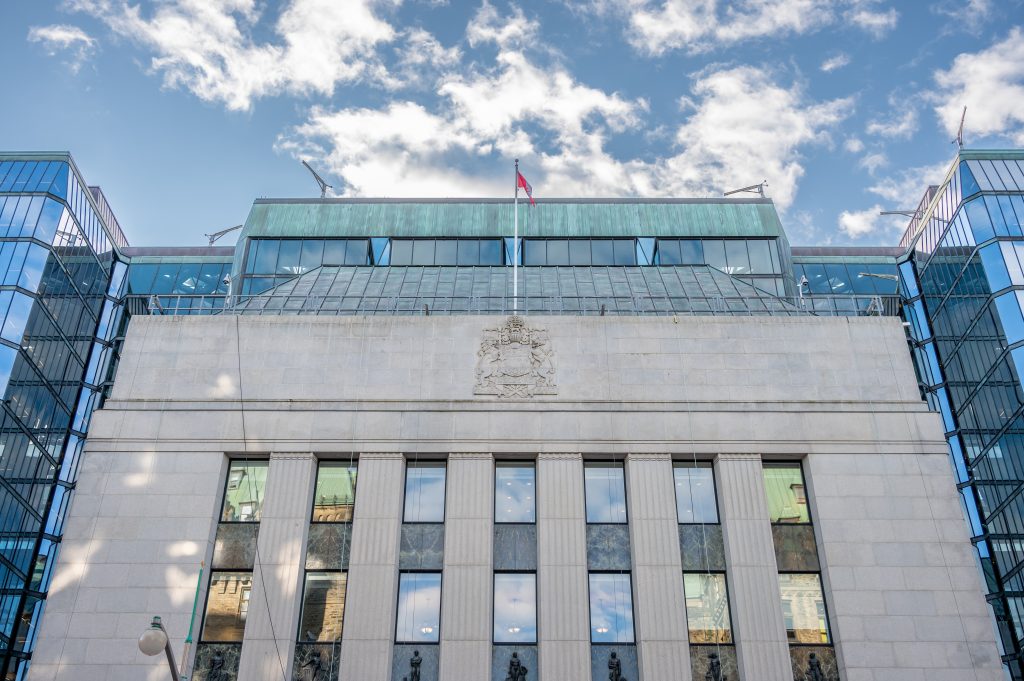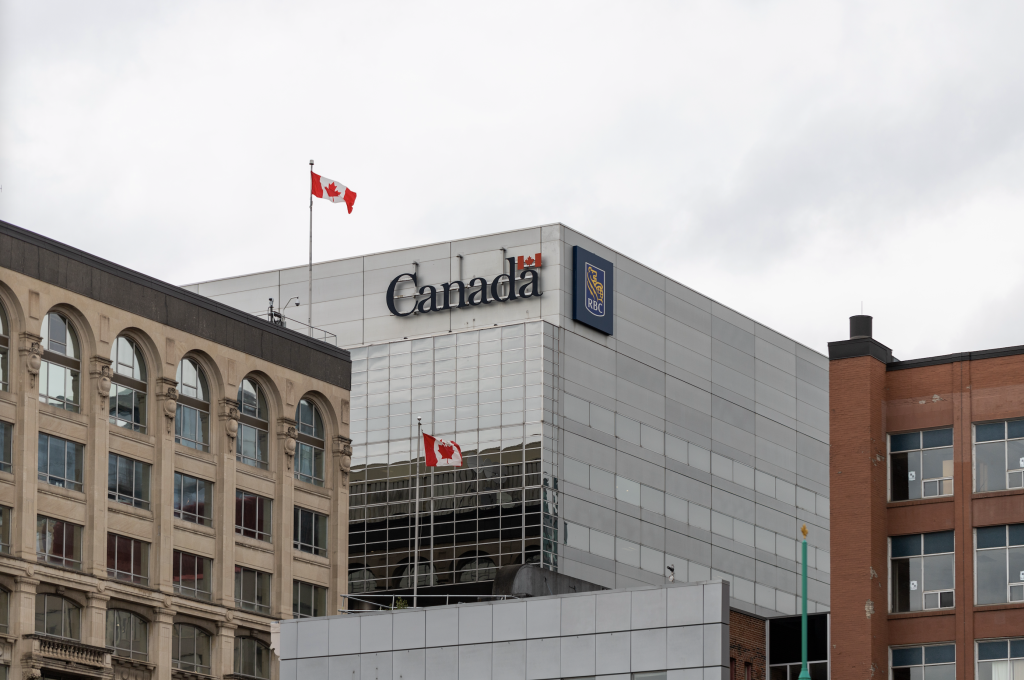Home Buying, Real Estate News, Your Next Home

The Real Estate Board of Greater Vancouver recently released its outlook for the housing market, and it seems like the city’s real estate landscape is in for some changes. Higher borrowing costs and seasonal patterns are coming together to create an environment of slowing sales and potential price stabilization. In this blog post, we’ll dive into the details of this forecast and what it means for both buyers and sellers in Metro Vancouver.
Sales Trends
The Real Estate Board’s predictions are grounded in the August sales figures, which reveal some interesting trends. August saw a total of 2,296 sales, a number that is 13.8 percent below the 10-year seasonal average. However, compared to the same month in the previous year, August sales increased by more than 21 percent. This indicates that the market is still active but undergoing notable shifts.
New Listings
The number of new listings is another key factor contributing to this evolving real estate landscape. There were 3,943 new listings in August, marking an approximately 18 percent increase from the previous year. However, it’s important to note that new listings still remained 5.3 percent below the 10-year seasonal average. This suggests that while more properties are entering the market, inventory levels are not yet at their historical norms.

Price Benchmark
The composite benchmark price for Metro Vancouver reached $1,208,400, reflecting a 2.5 percent increase from August 2022. Interestingly, there was a less than one percent decrease from the previous month, July. This data paints a picture of a market not experiencing the significant slowdown that some experts had predicted.
Market Analysis
According to Andrew Lis, the board’s director of economics and data analytics, the current state of Metro Vancouver’s housing market can be likened to the classic fable of the tortoise and the hare. He explains, “It’s a bit of a tortoise and hare story this year, with sales starting the year slowly while prices increased due to low inventory levels. As fall approaches, sales have caught up with the price gains, but both metrics are now slowing to a pace that is more in line with historical seasonal patterns, and with what one might expect given that borrowing costs are where they are.”
Implications for Buyers and Sellers
This forecast may offer a glimmer of hope for potential buyers in Metro Vancouver. While prices have been rising, the pace of that increase seems to be slowing down. This could mean that the rapid appreciation of home values might stabilize, making it a more manageable market for those looking to enter.
On the other hand, sellers should be prepared for a market where properties may take longer to sell. With the slowing sales and increasing inventory, competition may become more fierce. Pricing strategies and presentation of the property will become crucial for sellers aiming to stand out in a potentially more balanced market.
The Real Estate Board of Greater Vancouver’s outlook suggests that the city’s housing market is transforming. While it may not be the major slowdown some anticipated, it appears to be moving towards a more stable environment. For buyers and sellers, this shift will require a strategic approach to navigate the changing tides of Metro Vancouver’s real estate landscape. Keep an eye on the market as the seasons change, and consider seeking advice from local experts to make informed decisions in this evolving market.
Home Buying, Market Intelligence, Your Next Home
Bank of Canada Cuts Rate Again 50 Basis Points Ending 2024
Read moreHome Buying, Market Intelligence, Your Next Home




